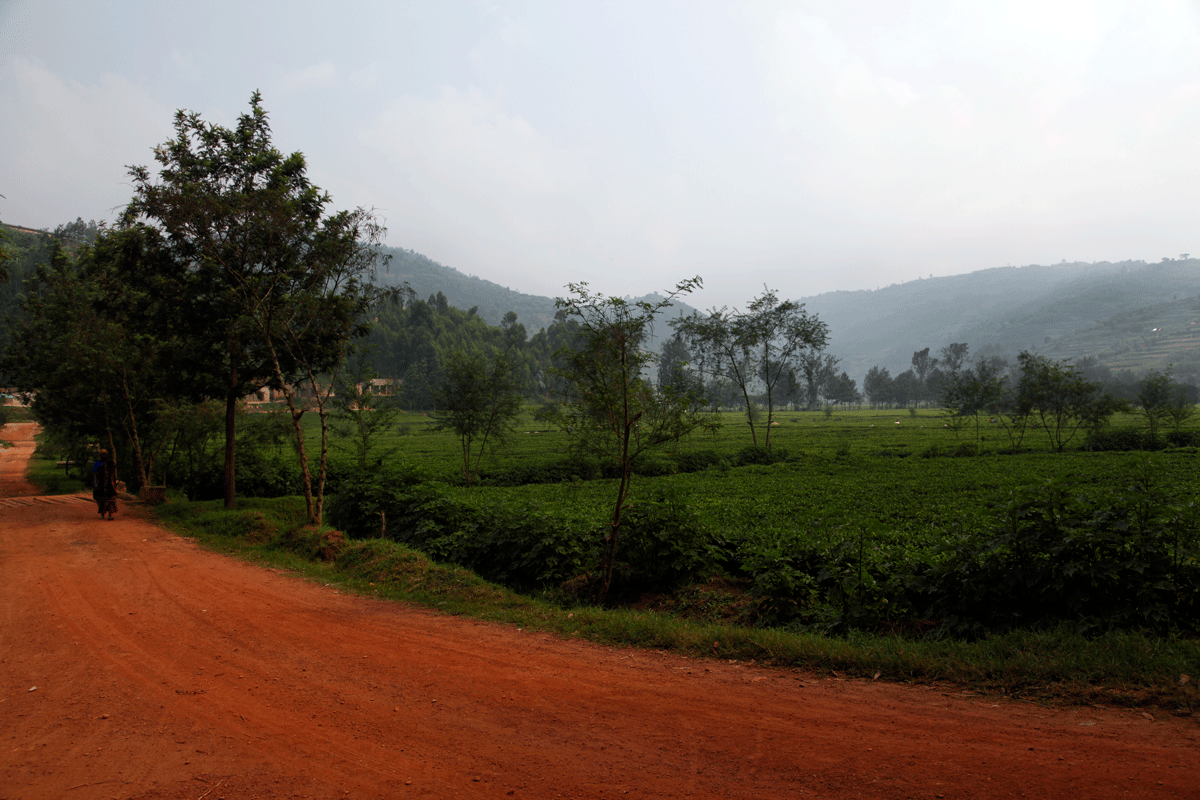I’m often asked if there are teas, regions or plantations yet to be discovered. But a tea sourcer is not the same as an explorer. You don’t suddenly stumble upon tea factories in the middle of the jungle that no one knew existed, or a part of the world where no one had any idea that delicious teas could be made. We know where tea grows. There are some tea-producing countries and regions that are unknown to the general public, but not necessarily to a tea sourcer. Tea is grown in New Zealand, Cameroon and Chile, for example. It also grows in Hawaii, the Azores, and even in France, in Brittany and the Pyrenees. The real work of the tea sourcer is not so much about discovering unknown places; rather, it involves keeping track of plantations that are still in the learning phase, preferably plantations that show strong potential (which means an ideal soil and climate), and supporting them, so that one day we can bring you delicious teas from these new regions.
New regions
8 October 2021





